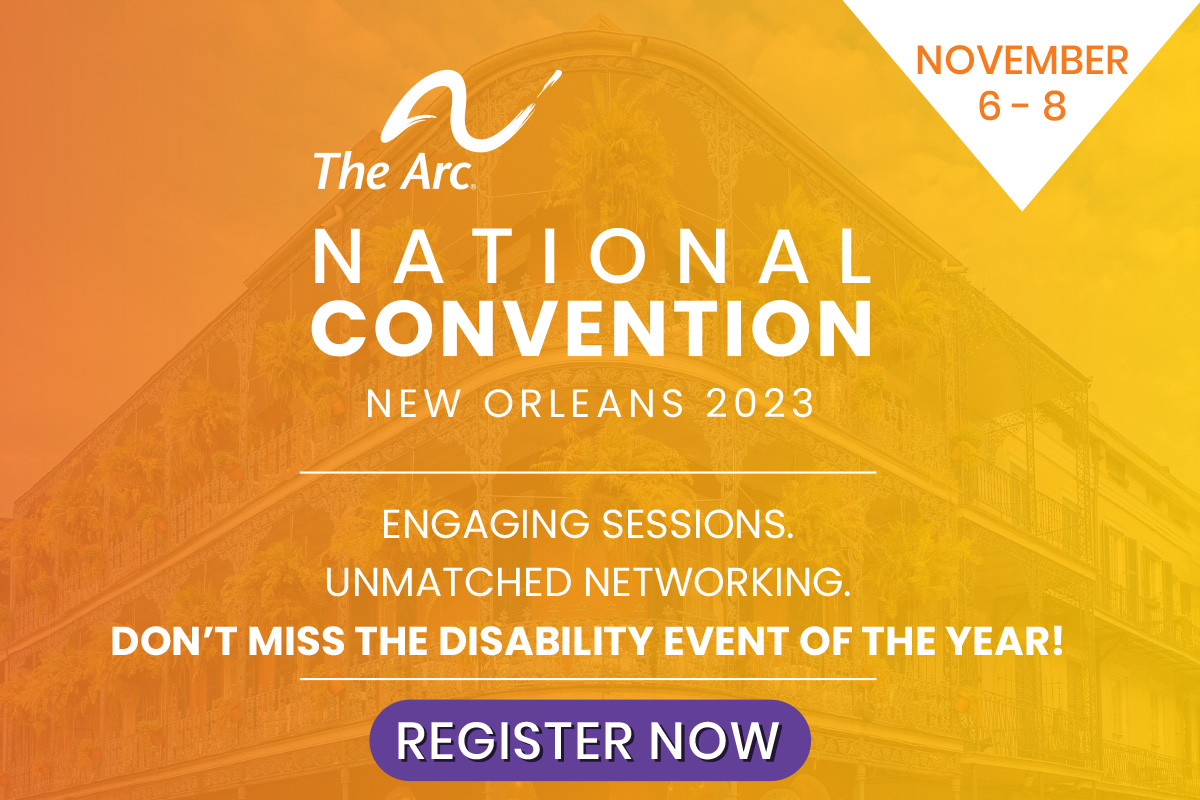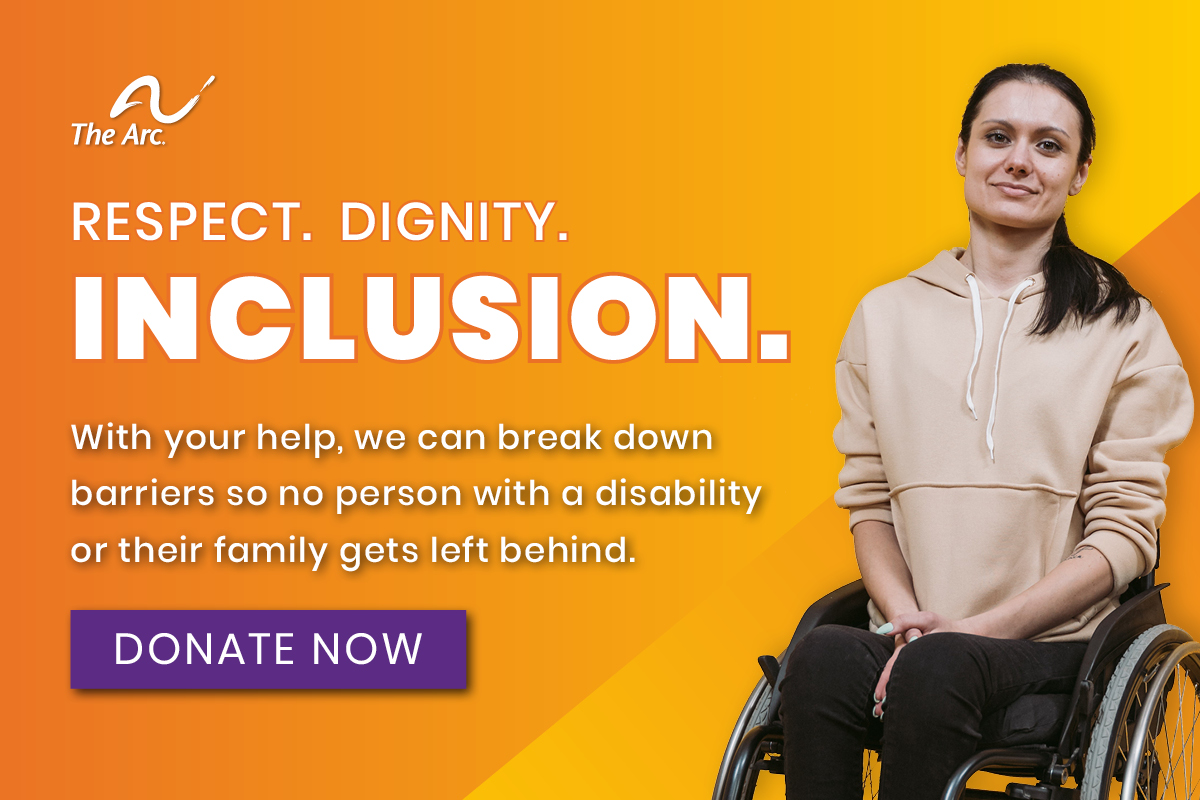Contents
- Introduction
- Who is eligible for VR Services?
- What services are available?
- What is an Individual Plan for Employment (IPE)?
- What else should I know?
- Resources
Introduction
Every state has a vocational rehabilitation (VR) agency that is designed to help individuals with disabilities meet their employment goals. Vocational rehabilitation agencies assist individuals with disabilities to prepare for, get, keep or regain employment.
Who is Eligible for VR Services?
In order to be eligible for VR services, the federal regulations say you must be an “individual with a disability”, meaning a person who:
- Has a physical or mental impairment that constitutes or results in a substantial barrier to employment and
- Can benefit from VR services to achieve an employment outcome and who requires VR services to prepare for, secure, retain or regain employment.
Individuals with the most significant disabilities are given priority over those with less significant disabilities when there are not enough resources to serve everyone who is eligible for VR services. Individuals who receive Supplemental Security Income (SSI) and/or Social Security Disability Insurance (SSD) benefits are presumed to be eligible for VR services leading to employment, unless there is clear and convincing evidence that they have disabilities that are too severe to benefit from VR.
Once an individual decides that s/he is interested in receiving services, s/he must apply for services. There is no cost to apply and to find out if s/he is eligible. While most people do not pay for their services, some states may require a statement of financial need prior to their purchasing services on an individual’s behalf. Depending on a person’s financial resources, s/he may be asked to help pay for services.
What Services are Available?
VR agencies have a variety of services available to help an individual get and keep a job. These include:
- Eligibility determination to figure out if the person qualifies for services
- Assessment of vocational needs to learn more about the person’s interests, skills and the services and supports that would be needed
- Development of an Individualized Plan for Employment that outlines the person’s goals and the services s/he will receive
- Coordination of services to help the individual reach his/her goal
- Post employment services to help the person keep the job once s/he gets it.
What is an Individual Plan for Employment (IPE)?
Once found eligible and accepted for service, each individual will work together with his/her VR counselor to develop a plan called an Individual Plan for Employment (IPE) that will identify the services necessary to reach the person’s goal; services available vary widely depending upon the state but they may include: vocational counseling and guidance, job placement assistance, college or vocational training, skill training, transportation, or assistive and rehabilitation technology among other services. Services will be provided directly by the VR counselor, coordinated with other services or purchased by the VR agency on the individual’s behalf. The diversity of people with autism spectrum disorders is so great that diagnoses alone are not very helpful to VR professionals. This reality reinforces the importance of an individualized approach to helping individuals reach their employment goal.
What Else Should I Know?
Research on autism spectrum disorders and employment identifies how important it is that employment specialists develop a thorough understanding of the individual’s unique characteristics, learning style, strengths and, most importantly, interests. Many individuals with autism spectrum disorders have characteristics that could make them attractive to potential employers, including punctuality, attention to detail, consistency, reliability, or good visual-spatial or mechanical skills. Research also indicates that engaging an individual with an autism spectrum disorder directly in the job search and in job placement as quickly as possible leads to better employment outcomes.
Very helpful and concrete suggestions for helping individuals with autism spectrum disorders in employment can be found in the document “Adult Autism & Employment: A Guide for Vocational Rehabilitation Professionals” (link below). While written for VR professionals, families will also find the guide very useful for knowing how to get the most from the VR experience. For example, the guide explains that traditional, formal vocational evaluations are problematic for people with autism spectrum disorders. Also, when job coaching is done by coaches who are unfamiliar with people with autism, this can make work adjustment significantly worse and lead to loss of the job. The guide provides many suggestions for maximizing the interview, job evaluation and coaching experiences, among other aspects of employment.
Resources
- Locate a state’s VR agency
- Locate a state’s specialty counselors dealing with individuals with autism
- Read news and events, and see videos, about autism and work
- Access the report, “Adult Autism & Employment: A Guide for Vocational Rehabilitation Professionals”.
- For more information about the vocational rehabilitation process and being a good self advocate: Getting the Most from the Vocational Rehabilitation System.
- For information on the employment process if you have autism: Supporting Individuals with Autism Spectrum Disorders: Quality Employment Practices.



